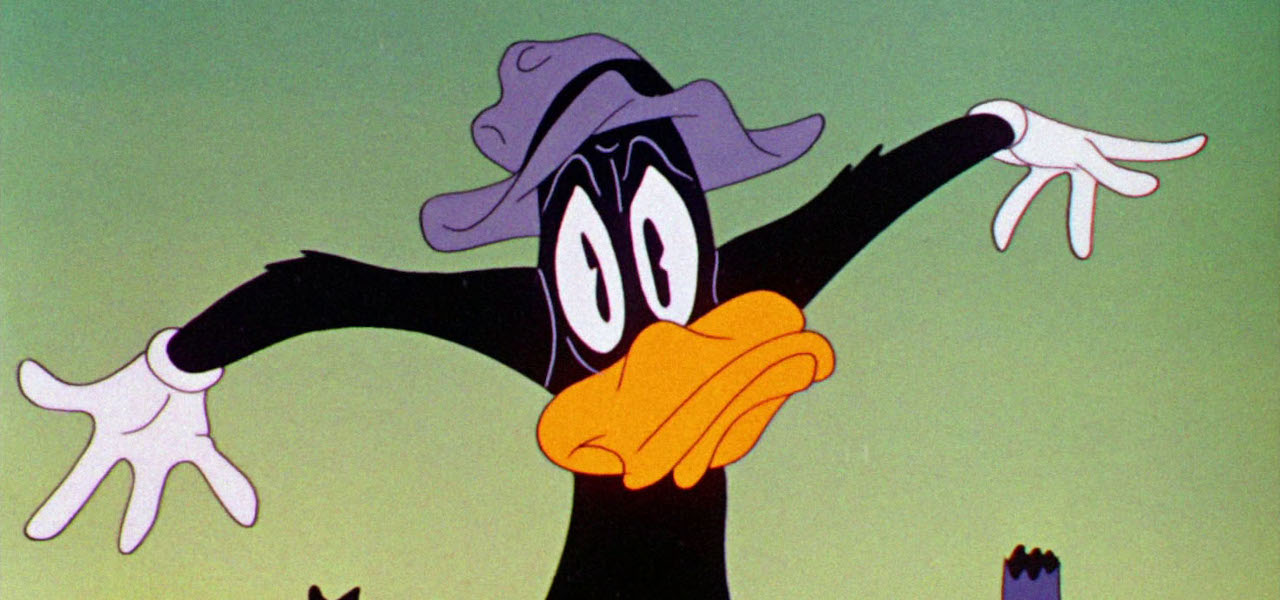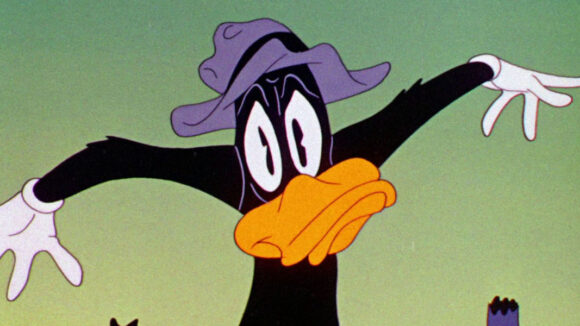

Warner Bros. Continues To Dismantle Its Animation Legacy, Removes Classic Looney Tunes Shorts From Max
The classic Looney Tunes and Merrie Melodies theatrical cartoons are no longer part of Warner Bros. Discovery’s streaming service Max. The company has removed hundreds of cartoons that were produced by its legendary animation studio between the 1930s and 1960s.
According to Deadline, Warner Bros. removed the films as “part of a new plan whereby the streamer will prioritize adult and family programming.” WB’s reasoning is completely nonsensical as these shorts were originally produced for general audiences and weren’t intended for children, hence the adult content in many of the films.
Ironically, Max is keeping on its platform many of the later Looney Tunes series that were made specifically for preschoolers and children, such as The Sylvester and Tweety Mysteries (1995), Baby Looney Tunes (2002), New Looney Tunes (2015), and Bugs Bunny Builders (2022).
Whatever the reasoning, it’s clear that Warner Bros. is slowly dismantling large parts of its animation operation. Last year, it shut down both its Boomerang streaming platform and the Cartoon Network website. The company also merged Cartoon Network Studios with Warner Bros. Animation, downgrading the former from a functional studio to a brand, while also getting rid of the Cartoon Network building.
Most tellingly, the studio refused to distribute its own film, The Day the Earth Blew Up: A Looney Tunes Movie, and instead offloaded it to a third-party distributor, Ketchup Entertainment. Another Looney Tunes film, Coyote vs. Acme, remains in limbo as WB has also declined to distribute the film.
It’s not yet clear where this is all leading, but it’s safe to say that Warner Bros. Discovery’s commitment to animation is diminishing by the day.
Cartoon Brew’s Take: The Looney Tunes gang have been mishandled by multiple WB corporate regimes to the point where children today have no idea who the characters are anymore. The company has neutered the characters with poor series reimaginings that have made the characters irrelevant, and it has done little to support the brand with merchandising, location-based entertainment experiences, or new media opportunities. (Pete Browngardt’s Looney Tunes Cartoons is the sole bright spot for these characters, but it was a case of too little, too late for the brand.)
It didn’t have to be this way. Looney Tunes are not just characters, but the cornerstone of Warner Bros.’ entire irreverent animation identity. Arguably, there is not a more beloved and iconic set of classic cartoon characters owned by a major media conglomerate. A sharper, less myopic group of executives would have taken advantage of the opportunity, invested in the franchise with smart contemporary takes, and duly reaped the financial rewards.
But David Zaslav and company have shown repeatedly that they have no long-term vision for Warner Bros. They’re glorified dumpster divers, scavenging through the once-mighty WB’s vast archives to find whatever bits and pieces they can sell or license for a quick buck, and anything that doesn’t have immediate monetary value gets the axe. Whatever the financial incentives behind this latest move, it’s a shortsighted decision driven by incompetence and yet another nail in the coffin for what was once a premier global animation brand.

.png)